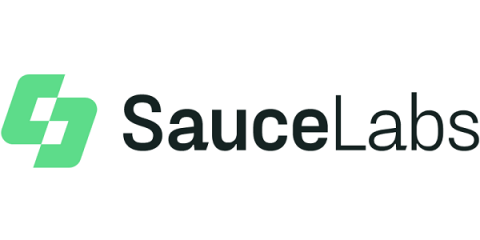Systems | Development | Analytics | API | Testing
Technology
Mastering the mobile testing pyramid
The mobile testing pyramid is a set of guiding principles that help establish a strategy for unit testing, integration testing, and end-to-end testing for mobile apps. Laurent Sigal shared tips to master the mobile testing pyramid at this year’s Mobile DevOps Summit.
Interview with CEO Shemmy Majewski
For the next interview in our series speaking to tech founders from around the world, we’ve welcomed Shemmy Majewski, CEO at Dlabs.AI.
How Industry 4.0 Is Creating The Future of Manufacturing
Talend Cloud Management Console: Accelerate your move to the cloud
More than 1,000 connectors and components in Talend Cloud put powerful graphical tools at your fingertips to connect databases, big data sources, on-premises data, and cloud applications. Now imagine designing cloud-to-cloud and hybrid integration workflows in Talend Studio and automating publication to a fully managed cloud platform.
From open source to Katalon | Streamline your test automation journey
Quality confidence in the functionality of an application alone is no longer sufficient to deliver a top-notch digital experience. Customers today constantly want more, and they want it fast. Test automation is adopted to keep up with users' tendency to be less tolerant of defects and expect quick updates and fixes at the same time. Currently, in the automated testing tool market, open source frameworks and solutions are commonly opted for due to their flexibility and free cost of entry.
NUnit vs xUnit vs MSTest: Which is better? Detailed Comparison
When you build the software, you most likely follow the Software Development Life Cycle (SDLC) process, where testing is the most critical part. The testing phase will go through a separate process called Software Testing Life Cycle (STLC). The testing requires the planning, development, and execution of test cases. In the modern technology world, testing is carried out at multiple stages such as Unit testing, Integration Testing, API Testing, End to End Testing, etc.
10 Mobile App Testing Trends for 2023
See upcoming trends to plan your mobile app testing strategy for 2023 The end of the year is an ideal time to not only look back at what you’ve accomplished but to plan goals for the upcoming year. Mobile app development teams can look into the latest trends in technology, user behavior, and the broader market, and think about how to incorporate them into your mobile app testing and development plan.
JUnit vs TestNG: Comparing Two Popular Testing Frameworks
Testing is the most critical part of the Software Development Life Cycle(SDLC). Testing is performed at different levels such as Unit Testing, Integration Testing, and Functional Testing. Testing can be performed either manually or through automation. The tools or libraries which are used for test automation vary with the framework that you are using. For example, if you are using a JavaScript framework, you might have to use Jasmine, Jest, etc.











